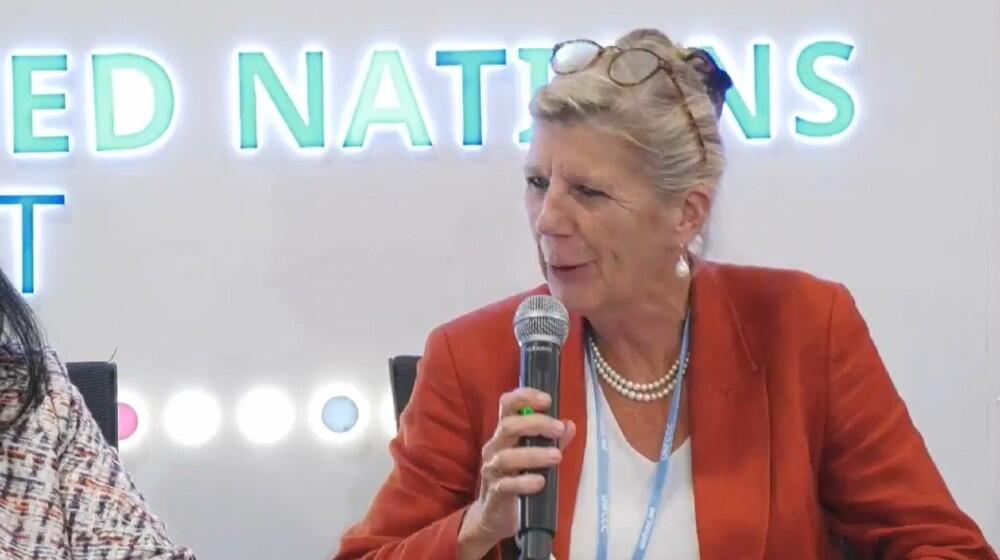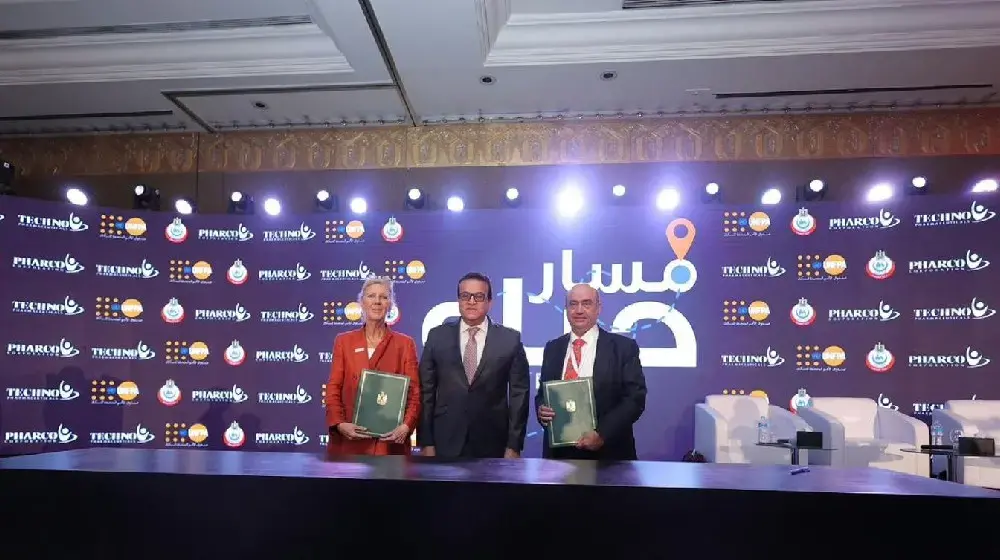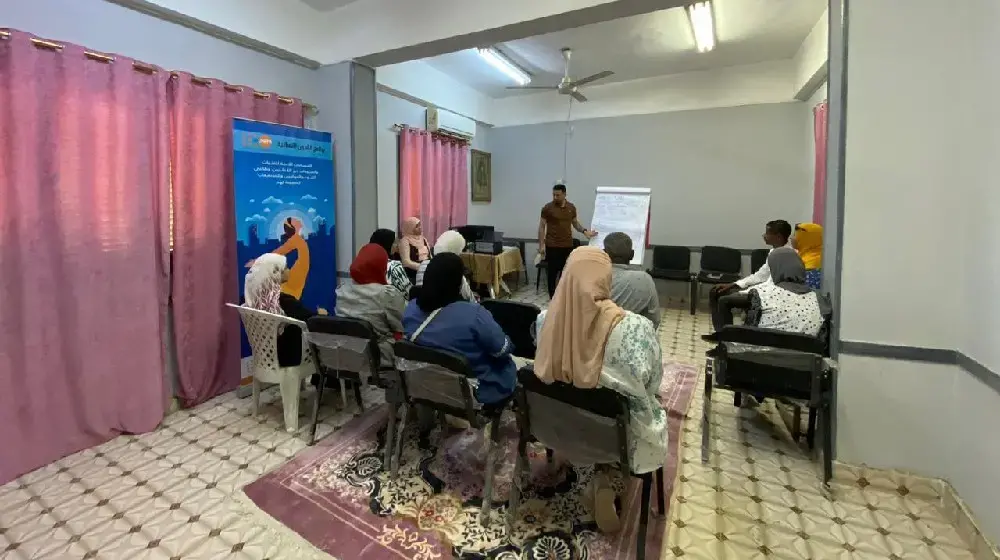UNFPA highlighted the impact of climate change on reproductive health in a panel discussion on November 14, with the World Health Organization (WHO), UN Women and International Organization for Migration (IOM) at the UN Egypt Pavilion at COP27.
The session titled “Women’s Health and Climate Change,” took place on Water and Gender Day and brought together Frederika Meijer, UNFPA Representative in Egypt, Dr Naeema Al Gasser, WHO Representative in Egypt, Christine Arab, UN Women Representative in Egypt, Elena Villalobos Prats, Technical Officer of Climate Change and Health at WHO and Dr Samir Hadjiabduli, Chief Medical Officer at IOM.
Meijer explained that climate change amplifies pre-existing gender inequalities, adding that talking about gender equality in climate discussions is “not a luxury” but rather “a bare necessity.”
Climate-related disasters increase the risk of violence against women as well as child marriage and trafficking, and disrupts access to health services and lifesaving commodities, among other impacts, Meijer explained.
“Accurate and up to date data on the impacts of climate change on women’s and girls’ reproductive health is essential to better understand their needs,” she added.
UNFPA called for integrating reproductive health and gender aspects into climate change assessments, ensure climate-related vulnerability assessments and actions are informed by gender data, conducting more researches on the impact of climate change and women’s wellbeing as well as the full participation of relevant groups especially women at all levels to achieve sustainable management of natural resources.
“It is high time we have far more women in policy making,” Meijer said.





